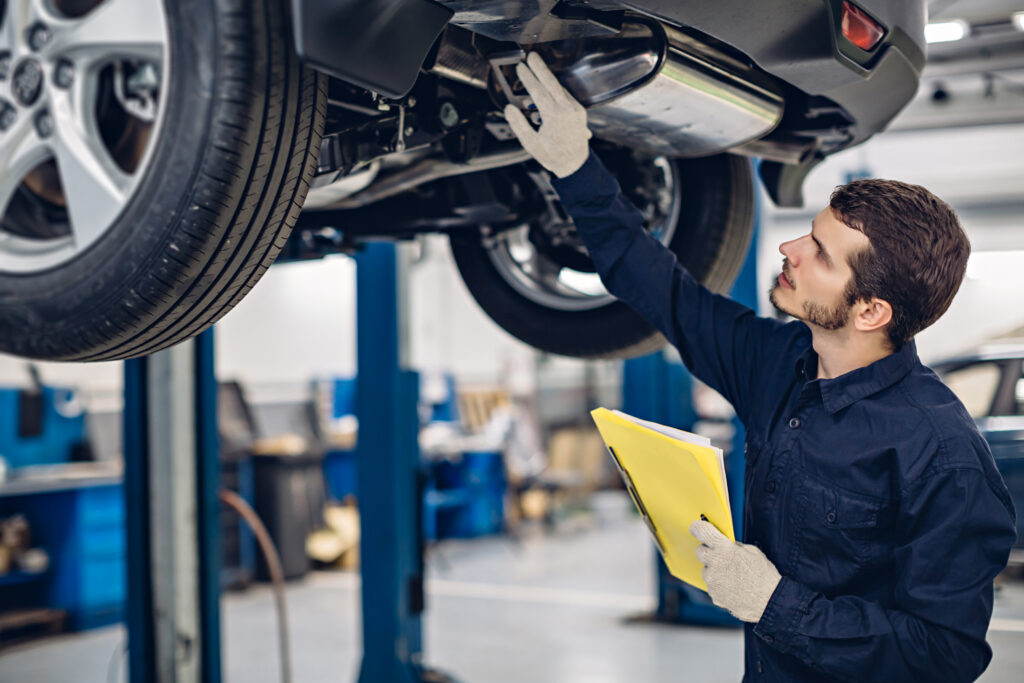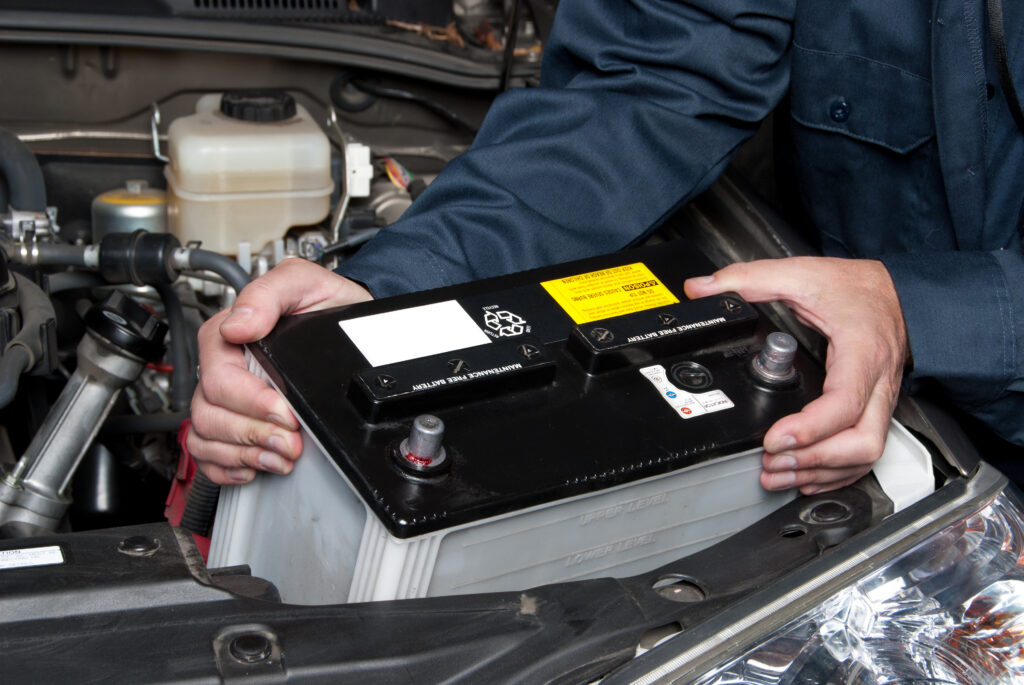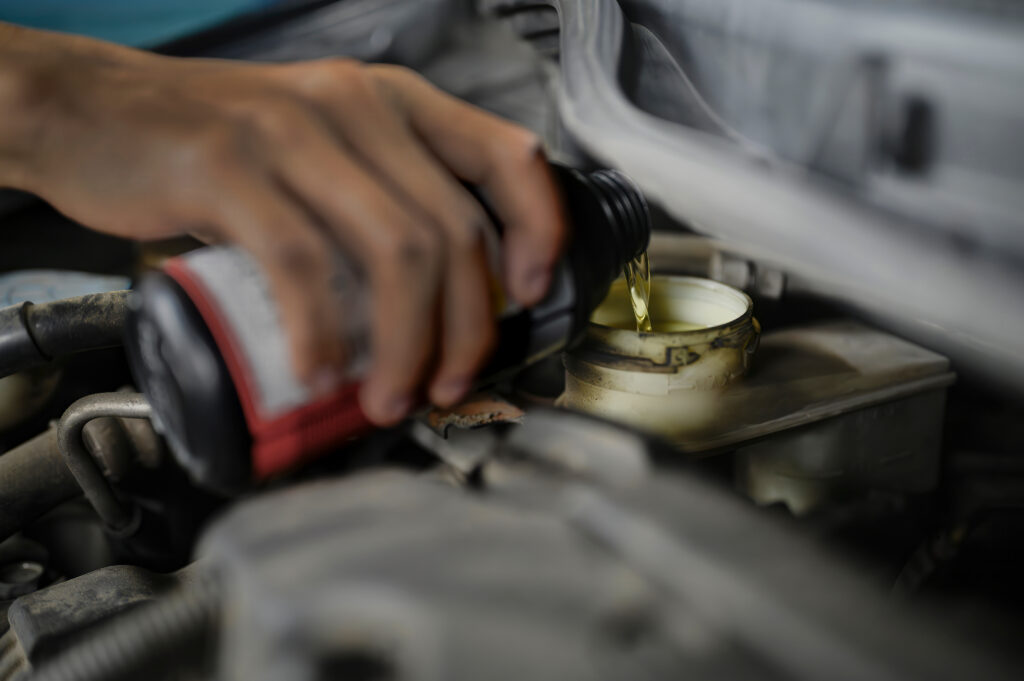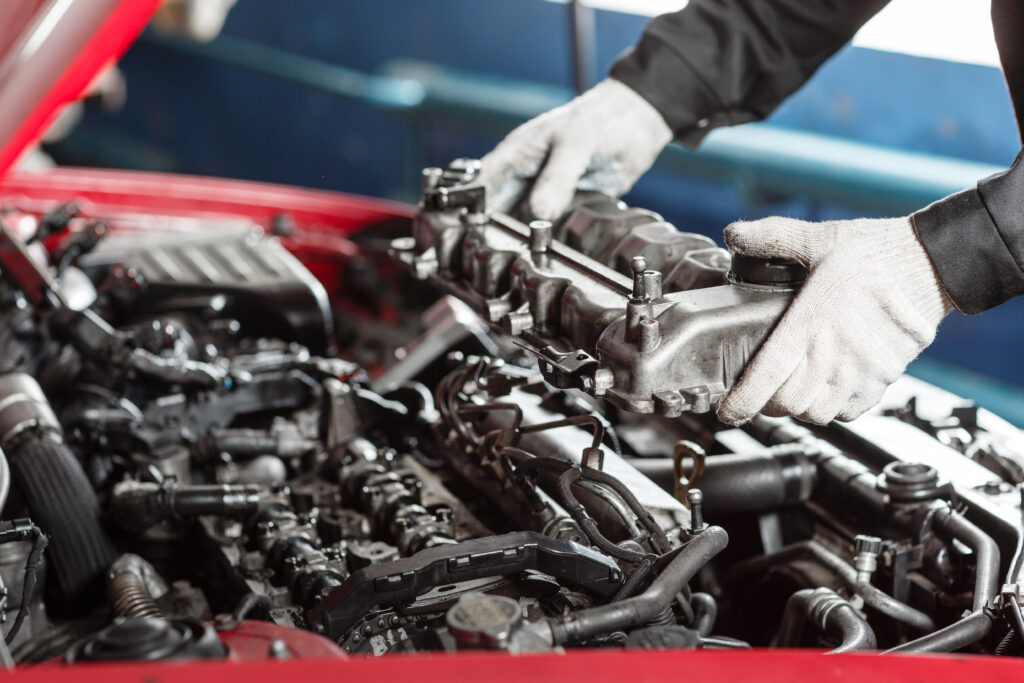Unlike getting an oil change or a [tire rotation](https://www.naylorsautorepairidaho.com/blog/everything-you-need-know-about-tire-rotation), a timing belt isn’t normally the first thing we think about when it comes to getting a routine auto repair. However, a timing belt is a critical car component that keeps your engine running smoothly. So what is it? And how often does it need to be replaced? Let’s talk about the importance of timing belts so that you can be certain that your car will get you where you need to go.
What Is a Timing Belt?
You can quickly recognize a timing belt because it looks like it has a set of teeth running along its entire length. A timing belt keeps the camshaft and crankshaft turning at the correct rate. The camshaft helps the engine to function by opening valves in time with the crankshaft. This timing is critical to ensure that the engine functions properly, and the timing belt makes all of this possible.
Depending on driving habits, such as frequent stop-and-go driving and heavy acceleration, a timing belt can wear out sooner than the recommended mileage for replacement. Extreme temperatures can also put additional stress on belts.
Most timing belts are difficult to see without taking apart the engine cover, so access to the belt will require many engine components. If you don’t have easy access to your belt, it’s best to leave the replacement to a professional mechanic.
What Happens When a Timing Belt Is Damaged?
Like any car parts, timing belts will wear out over time and, if neglected, cause further damage to your vehicle. In a worst-case scenario, the valves and rods can push through the engine cover, ruining the engine. And failing to get the auto repair your timing belt needs will create a much more costly trip to the auto shop. In lighter scenarios, your engine will just stop running.
The amount of damage to your vehicle will roughly depend on your engine type. Interference engines have more compression and more power, so you risk more damage with this system than a non-interference engine.





